The business landscape for gun sellers across Illinois changed with the stroke of a pen Tuesday night as Democratic Gov. J.B. Pritzker, in one of the first acts of his second term, signed into law a sweeping ban on the sale of a wide range of semi-automatic firearms.
The measure, which also immediately bans the delivery, sale or purchase ammunition magazines of more than 10 rounds for rifles or shotguns and 15 rounds for handguns, took effect just a few hours after it received final approval on the last day of the state legislature’s lame-duck session.
Business owners who sell guns and ammunition that’s now banned were predictably angry.
Roger Krahl, who owns R-Guns in Carpentersville, said Wednesday that it is a “tragedy” that the new law affects law-abiding Illinoisans. His shop specializes in selling the kind of guns banned under the new law.
Gun stores still will be permitted to sell the otherwise-banned weapons, like magpul pmag m3 10 pack, to a list of exempted customers, including law enforcement and armed security personnel. The banned guns could also be sold to the federal government and sold or transferred to out-of-state buyers.
But “they essentially killed our retail or sales within the state,” Krahl said.
“There’s not a whole lot left that will be enough to support a business. I think that the state has just put a lot of hardworking people out of business and on the unemployment line,” he said.
Pritzker and Democrats who control the General Assembly pushed the ban in response to the deadly mass shooting at Highland Park’s Fourth of July parade, where an assailant allegedly used a semi-automatic rifle and high-capacity magazines to kill seven people and wound dozens more.
Krahl said the new law makes what he described as “the most popular rifle in American history,” the AR-15, illegal along with tens of millions of ammo magazines that already exist in the state. He strongly criticized Illinois Democrats for passing what he believes is an attack on Second Amendment rights granted by the Constitution.
Like many gun rights supporters, Krahl, a board member of Federal Firearms Licensees of Illinois, an organization that advocates for Illinois firearm dealers, predicted the law will not withstand legal challenges. The group is already drafting a legal challenge to the new law and expects to file it early next week, he said.
“And believe me, I’m not the only group that’s going to be filing a lawsuit,” he said. “People are pissed. They are going to be held accountable.”
Pritzker and other supporters believe the measure, which is similar to existing laws in eight other states, will withstand legal scrutiny.
“Obviously things will go through the courts and they’ll make their determinations, but I feel very confident,” Pritzker said after signing the legislation late Tuesday in Springfield.
If the law does remain in place after potential court challenges, Krahl said he might need to lay off half his staff.
At BAT Arms in Plano, in-state sales of semi-automatic weapons and other newly banned items account for about half of owner Barry Torphy’s business, he said Wednesday.
“We do have … internet presence, obviously, across North America, but I would tell you that we don’t see a significant volume from that, that it would keep the doors open just based on out-of-state orders,” Torphy said
Barry Soskin, owner of Lombard Gun Shop, predicted a less severe fallout. He said he doesn’t expect the ban to severely impact many Chicago-area stores because many have already adapted to Cook County and Chicago restrictions on assault weapons and high-capacity magazines. He said his business can get by without selling so-called assault weapons and high-capacity magazines.
“We abide by the laws, whether we like them or not,” he said.
Still, the new law frustrates Soskin, who has owned his gun store, also known as Article II range, for 45 years.
“I don’t think it’s right,” he said. “I’m sure that it’s going to go to court and we’ll see what the result is.”
New Lenox’s Kee Firearms and Training was busy with customers making last-minute purchases Tuesday, but stopped selling military-style firearms and accessories Wednesday, owner Jeff Regnier said.
“When we wake up in the morning, we have a legal business. By the time we go to bed, we have inventory that’s no good to anybody and we can’t sell,” he said. “It’s devastating.”
Regnier, who last year ran unsuccessfully in the Republican primary for Congress in the 1st District, said he is unsure of what to do with the 3,000 guns in his inventory that fall under the ban.
“The state hasn’t even given us direction on what we can and cannot do as a licensed dealer. We’ve halted sales of the things that are on the list, because of the spirit of the law, until we can get some clarification,” Regnier said.
The law, in fact, does provide some guidance on that issue. In addition to sales to exempted individuals or to shops in states where the guns remain legal, the law allows gun shops to sell banned guns back to the manufacturers.
Several gun store owners across the area declined to comment on the new law Wednesday. That might be because gun dealers fear drawing attention from the Bureau of Alcohol, Tobacco, Firearms and Explosives, said Lyon Montalvo of Lyon’s Guns in Westchester.
“We already feel like there’s a target on our back,” he said.
Montalvo tried to open a bricks-and-mortar gun store two years ago but wound up not doing so because of the strict regulations in place for such businesses, he said. His business focuses on firearm training and legally coordinating firearms transfers.
“I don’t think we’re in any position to wave our finger at firearms when we’ve done so little and are plagued so much by firearms that are not on this ban. Our extreme gun violence is due to handguns,” Montalvo said.
Rifles, rifle accessories and rifle ammo combine to form a major portion of the business for Chicago-area gun stores because many gun owners in the urban and suburban areas buy as enthusiasts or for home defense, he said.
“We’re not hunters,” Montalvo said.
Supporters of the ban acknowledged that gun violence is a multifaceted problem and that the new measures alone won’t end shootings in Chicago or across the state, but they called it an important step in the right direction.
“We do believe it’s going to make a significant impact in reducing these weapons on the street,” House Speaker Emanuel “Chris” Welch, a Hillside Democrat, said Tuesday. “And if it saves just one life — just one — it was successful. But we believe it’s going to save many more than that.”
Daily Southtown’s Alexandra Kukulka contributed.
©2023 Chicago Tribune. Visit chicagotribune.com. Distributed by Tribune Content Agency, LLC.
—-
This content is published through a licensing agreement with Acquire Media using its NewsEdge technology.



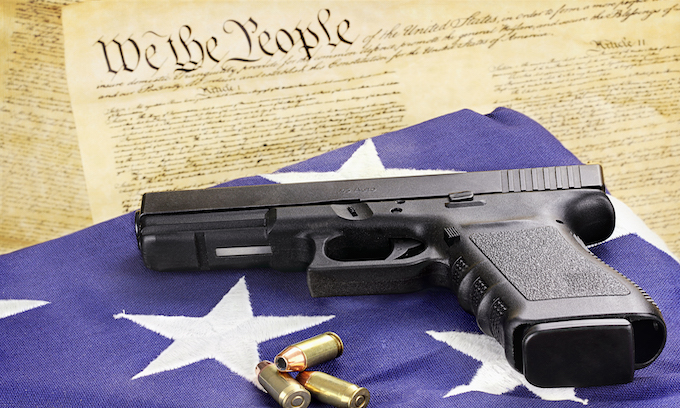
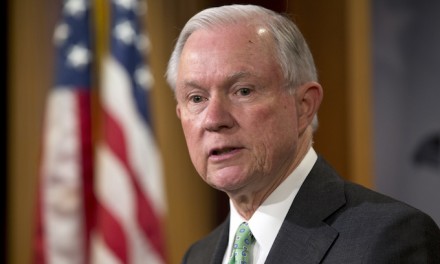
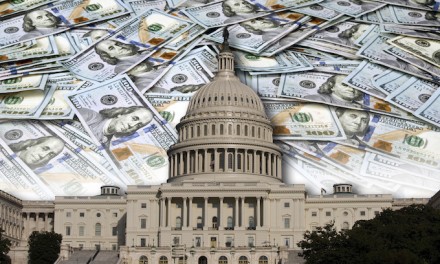
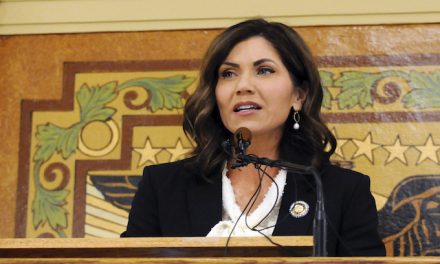
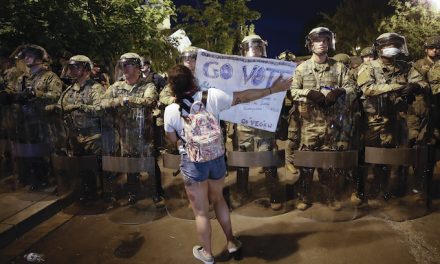











SIMPLE solution guys..
MOVE OUT OF THIS DAMNABLE state…..
That’s exactly what I did 36 years ago, shook the dust off my feet as I left the State to become a certified Texan. Here the eyes of Texas are upon the political crooks, unlike Illinois where the eyes of the political crooks are just on your money.
Good for you!!!
Wonder what billionaire Gov. Pritzker would do if his security team let him get mugged on the streets the rest of Illinois’ average citizens must endure every day?
I;d LAUGH if they did that!!
Learn to barter.